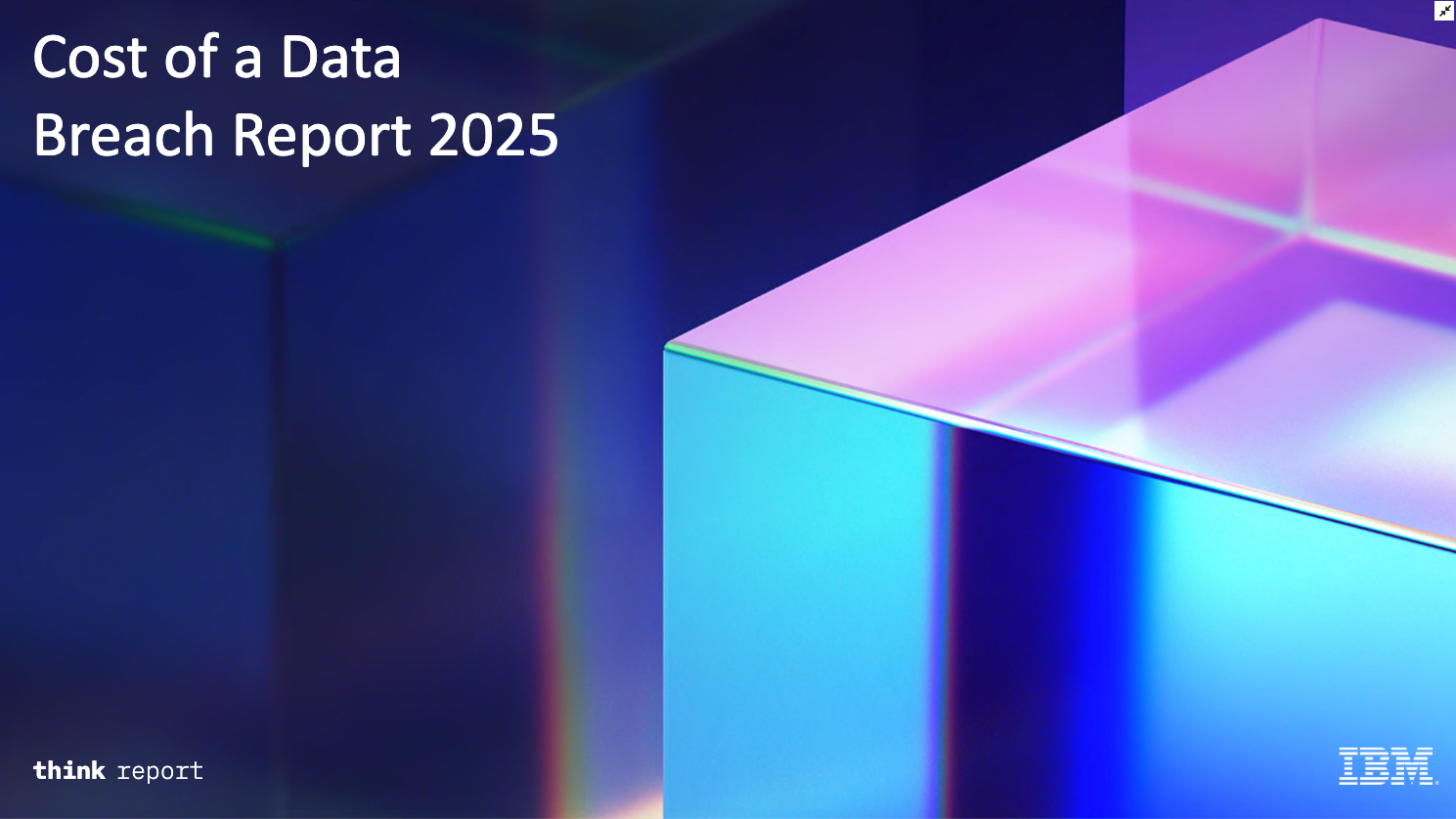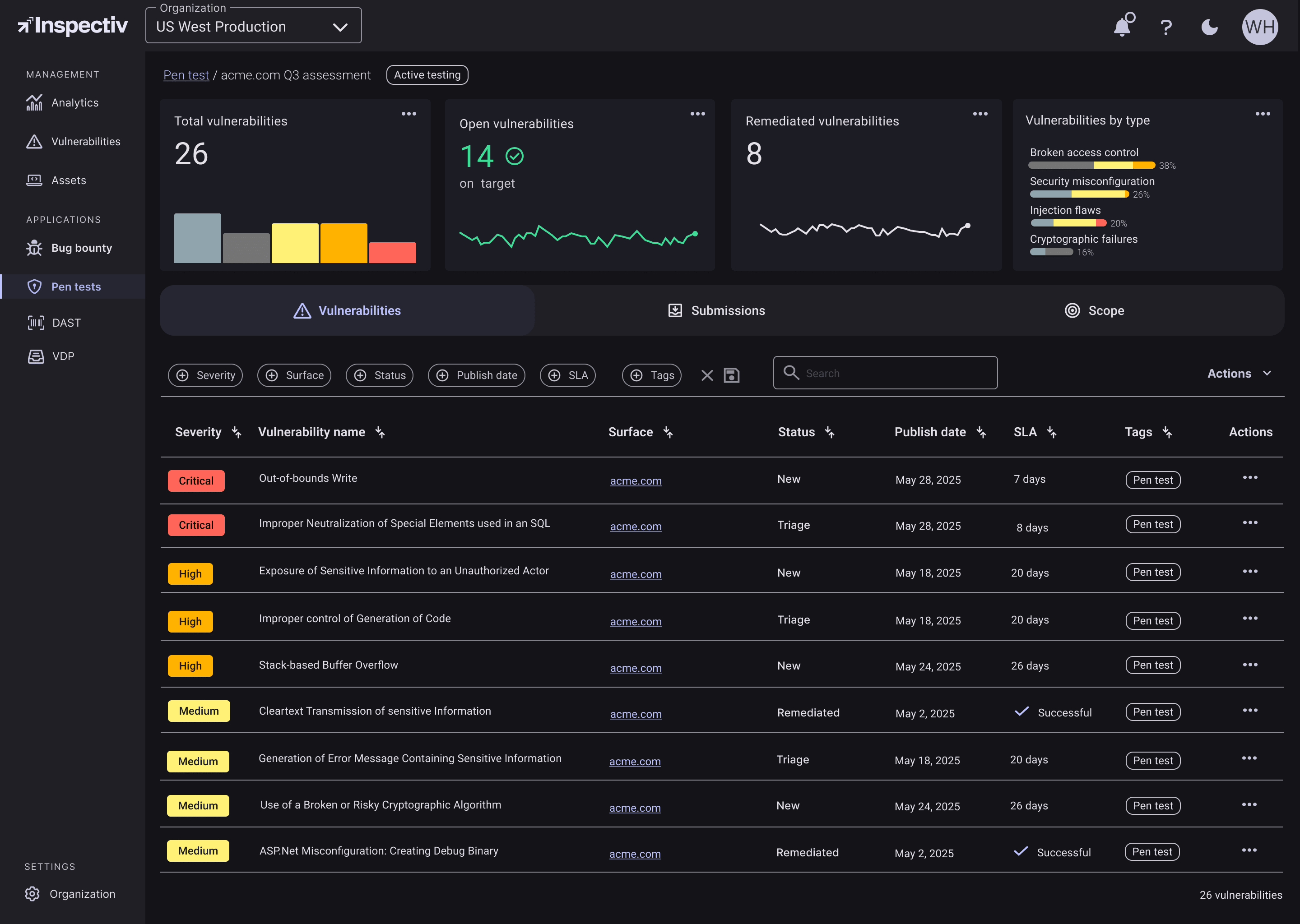Scott Montgomery, known as Monty, joined the CyberWatch Expert Series podcast to discuss his extensive background in cybersecurity, particularly in building and designing network security tools for high-assurance environments like the Department of Defense (DoD) and the intelligence community. His experience includes significant tenure at McAfee (now Trellix), which led him to his current role at Island, where he focuses on innovative approaches to cybersecurity compliance.
Understanding CMMC
Monty explained the Cybersecurity Maturity Model Certification (CMMC) using an educational analogy. He described CMMC as the final exam in a college course designed specifically to protect DoD data. This "course" uses NIST 800-171 guidelines as its "homework," outlining best practices and required cyber hygiene. The certification involves an audit performed by a third-party examiner to ensure that contractors handling DoD information meet necessary security standards.
Applicability to Organizations of All Sizes
Monty emphasized that CMMC applies not only to large prime contractors such as Lockheed Martin but also significantly impacts smaller subcontractors, who might struggle with the compliance requirements due to limited resources. Many small businesses may find compliance costly or complex enough to reconsider pursuing government contracts, while others will adapt to protect their essential revenue streams.
Managing Third-Party and Downstream Risks
Monty highlighted the complexity of managing third-party and fourth-party risks within the CMMC framework. He clarified that compliance responsibilities extend downstream depending on the nature of the data involved. The designation of data as Controlled Unclassified Information (CUI) determines the level of compliance required throughout the supply chain, leading to variability and complexity for subcontractors who serve multiple contracts with different CUI designations.
Cloud Services as a Compliance Accelerator
To simplify compliance, Monty advocated for leveraging cloud services provided by companies like Amazon, Microsoft, and Google. These platforms offer standardized, compliant environments that reduce complexity for smaller businesses. He also suggested modern tools such as virtual desktop infrastructures and enterprise browsers, which simplify secure access to sensitive data and mitigate risks associated with compliance.
Beyond Government Contracts: General Cybersecurity Maturity
Monty noted that even organizations not directly contracting with the DoD could benefit from frameworks like CMMC. He recommended exploring broader NIST guidelines, such as the Risk Management Framework, which offer scalable cybersecurity practices suitable for businesses across sectors including finance, healthcare, and retail.
Key Takeaways
Monty shared three core insights for listeners:
- Modern tools like enterprise browsers and cloud solutions can enhance security, privacy, and productivity simultaneously.
- Cybersecurity and privacy are complex, evolving disciplines best addressed through community collaboration, such as industry-specific Information Sharing and Analysis Centers (ISACs).
- Compliance frameworks should serve as tools to advance business objectives, not merely as regulatory checkboxes.
Listen to the CyberWatch podcast on Spotify and Apple Podcasts, or watch the episode on YouTube.

.jpg)
.webp)



